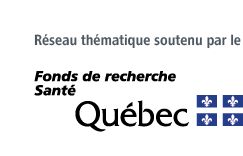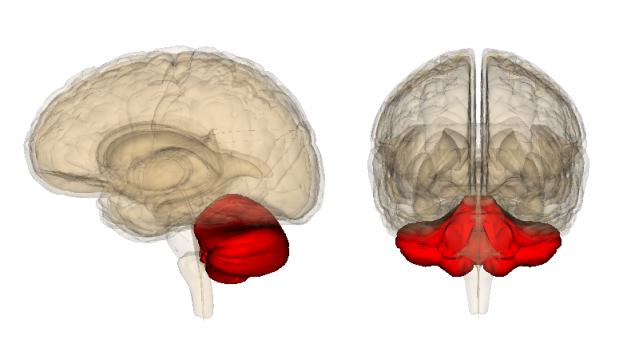Learning to expect the unexpected: rapid updating in primate cerebellum during voluntary self-motion. Brooks JX, Carriot J, Cullen KE. Nat Neurosci. 2015 Aug 3.
→ McGill University press release
* * *
Original abstract
There is considerable evidence that the cerebellum has a vital role in motor learning by constructing an estimate of the sensory consequences of movement. Theory suggests that this estimate is compared with the actual feedback to compute the sensory prediction error. However, direct proof for the existence of this comparison is lacking. We carried out a trial-by-trial analysis of cerebellar neurons during the execution and adaptation of voluntary head movements and found that neuronal sensitivities dynamically tracked the comparison of predictive and feedback signals. When the relationship between the motor command and resultant movement was altered, neurons robustly responded to sensory input as if the movement was externally generated. Neuronal sensitivities then declined with the same time course as the concurrent behavioral learning. These findings demonstrate the output of an elegant computation in which rapid updating of an internal model enables the motor system to learn to expect unexpected sensory inputs.
Le cervelet (en rouge)
Source: Wikimedia/Life Sciences Database



